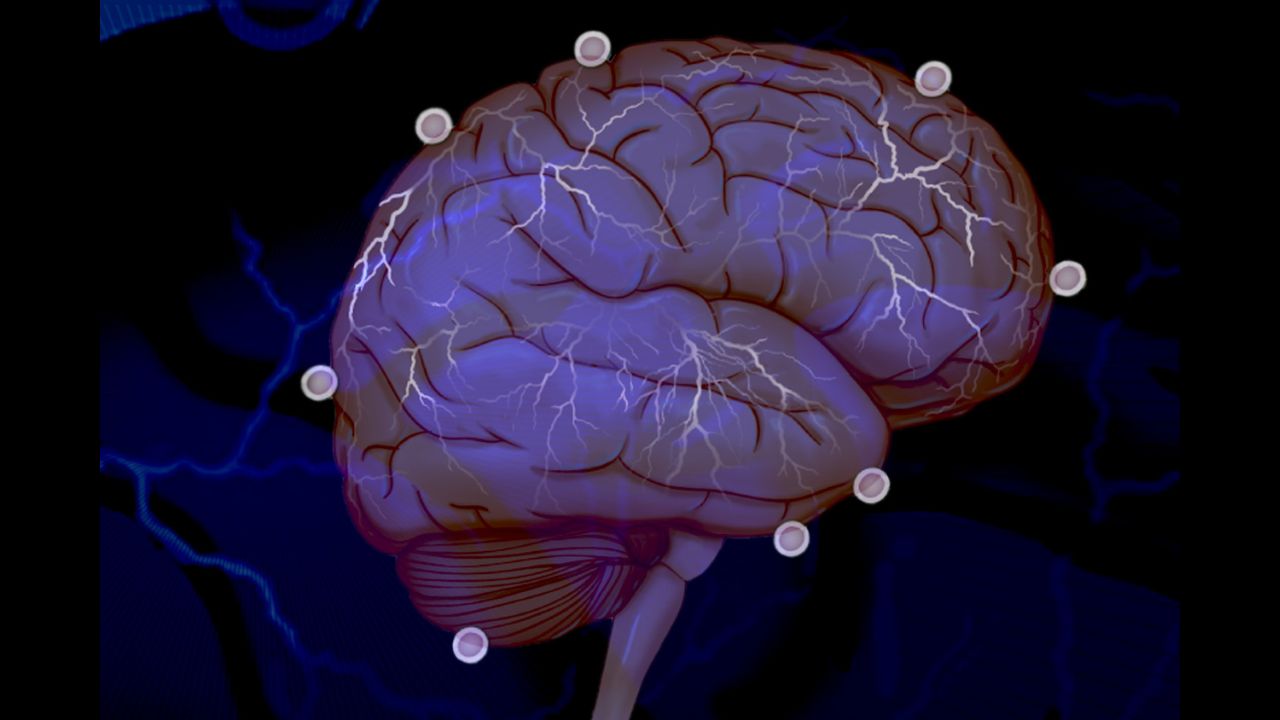The Intriguing Link Between Immune System and Human Behavior
Scientists have known for a long time that the immune system plays a part in how sensitive people are to allergens and diseases in the environment.

The Intriguing Link Between Immune System and Human Behavior: People who are allergic to fish may get sick just by tasting it, which makes them even more likely to avoid it. People who get food poisoning after eating a certain meal avoid that meal in the same way.
Scientists have known for a long time that the immune system plays a part in how sensitive people are to allergens and diseases in the environment. But they didn’t know if it also played a part in how people behaved when they were allergic to something.
The Intriguing Link Between Immune System and Human Behavior
A study led by Yale and released in the journal Nature says that our immune system is a key part of how our behavior changes.
He said, “We find immune recognition controls behaviour, specifically defensive behaviours against toxins that are communicated first through antibodies and then to our brains,” Ruslan Medzhitov is the senior author of the study and the Sterling Professor of Immunobiology at Yale School of Medicine. He is also an investigator for the Howard Hughes Medical Institute.
The study showed that when the immune system doesn’t talk to the brain, the brain doesn’t tell the body about possible risks in the surroundings and doesn’t try to avoid those threats.
Nathaniel Bachtel, a graduate student at the School of Medicine, led a group of researchers in the Medzhitov lab that looked at mice that had been made more sensitive to ova, a protein found in chicken eggs. Esther Florsheim was a postdoctoral researcher at Yale at the time and is now an assistant professor at Arizona State University.
As expected, these mice stayed away from water that had ova in it, while control mice liked water sources that had eggs in them. They found that sensitized mice were afraid of water sources with ova in them for months. The team then tested whether changing immune system factors could change the behavior of mice that had been made more sensitive.
Check Out: OPPO Reno 11 and Reno 11 Pro Prices Leaked – India Launch Anticipation Builds
They learned that mice that were allergic to ova stopped being allergic to the protein in their water if immune system proteins called immunoglobulin E (IgE) were stopped. IgE antibodies cause mast cells to be released. Mast cells are a type of white blood cell that communicates with parts of the brain that affect fear behavior. They do this with the help of other immune system proteins.
Without IgE to start the process, information could not be sent, so mice could no longer avoid the allergen. Medzhitov said the results show how the immune system evolved to help animals stay away from dangerous areas of the environment.
He also said that one day, knowing how the immune system remembers possible threats could help stop people from having too strong of responses to many allergens and other diseases.
Check Out: First Look at ‘Thandel’ – Naga Chaitanya and Sai Pallavi Set the Stage for a National Saga!
